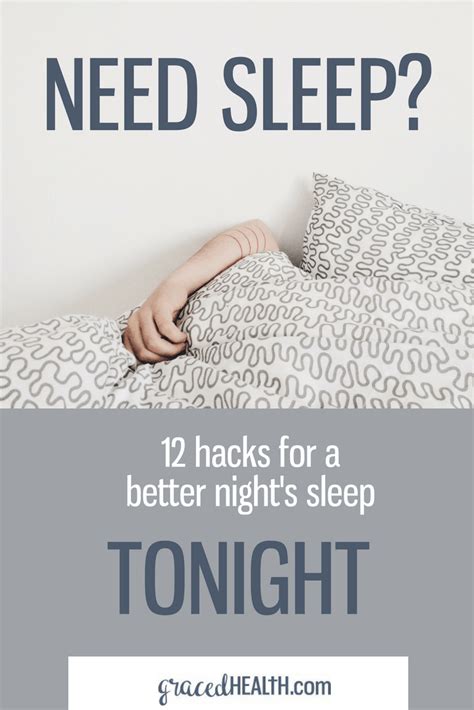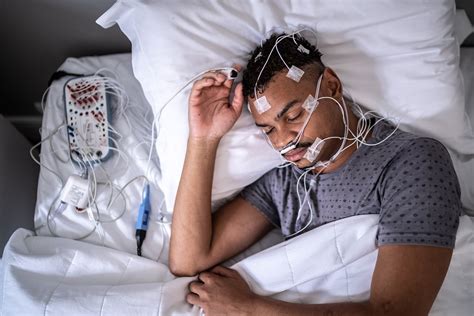Actionable sleep hacks for men to boost recovery & sharp mental performance?

For many men, sleep is often seen as a luxury rather than a non-negotiable component of health and performance. However, prioritizing quality sleep isn’t just about feeling less tired; it’s a powerful tool for accelerating physical recovery, optimizing hormone levels, and maintaining razor-sharp mental acuity. Whether you’re an athlete, a busy professional, or simply aiming to live better, unlocking the secrets to superior sleep can transform your daily output and long-term well-being.

The Core Pillars of Quality Sleep for Men
Achieving truly restorative sleep starts with understanding its foundational elements. Consistency is paramount. Your body thrives on routine, and a regular sleep schedule – going to bed and waking up at the same time every day, even on weekends – helps regulate your circadian rhythm. This internal clock dictates when you feel sleepy and awake, and a consistent pattern reinforces its natural cycles, making it easier to fall asleep and wake up refreshed.
Next, optimize your sleep environment. Your bedroom should be a sanctuary dedicated to rest. This means keeping it dark (block out all light sources), quiet (consider earplugs or a white noise machine), and cool (the optimal temperature for most people is between 60-67°F or 15-19°C). Invest in a comfortable mattress and pillows that support your body properly. Even subtle discomfort can disrupt your sleep architecture.
Consider your diet and its timing. Heavy meals close to bedtime can lead to indigestion and discomfort, hindering sleep. Aim to finish eating at least 2-3 hours before you plan to sleep. While specific diets vary, a balanced intake of whole foods, rich in magnesium (leafy greens, nuts) and tryptophan (poultry, dairy), can support sleep-inducing neurotransmitters.

Pre-Sleep Rituals for Deep Recovery
Your actions in the hour or two leading up to bedtime significantly impact sleep quality. Develop a wind-down routine that signals to your body it’s time to transition from activity to rest. This includes powering down electronics at least an hour before bed. The blue light emitted from screens (phones, tablets, laptops, TVs) can suppress melatonin production, the hormone responsible for regulating sleep.
Temperature matters not just in your room but for your body. A warm bath or shower before bed can help cool your body down as you exit, mimicking the natural drop in body temperature that occurs before sleep. Try reading a physical book, listening to calming music, or practicing light stretching or meditation to relax your mind and body.
While not a substitute for a healthy diet, certain supplements can aid sleep for some men. Magnesium, as mentioned, is crucial for muscle relaxation and nervous system function. ZMA (Zinc, Magnesium, Vitamin B6) is popular among athletes for recovery. Always consult with a healthcare professional before starting any new supplement regimen.

Lifestyle Tweaks for Enhanced Zzz’s
Beyond the bedroom, your daily habits play a critical role in your nightly rest. Exercise intelligently. Regular physical activity can dramatically improve sleep quality, but timing is key. Intense workouts too close to bedtime can be stimulating. Aim to finish vigorous exercise at least 3-4 hours before sleep, or opt for morning or early afternoon sessions.
Managing stress is another crucial factor. Chronic stress elevates cortisol levels, which can interfere with sleep. Incorporate stress-reduction techniques into your daily life, such as mindfulness, deep breathing exercises, spending time in nature, or engaging in hobbies you enjoy. These practices help calm the nervous system and prepare your body for rest.
Be mindful of stimulants and depressants. Caffeine, while a morning pick-me-up, has a long half-life and can linger in your system for hours. Limit caffeine intake after noon. Alcohol might initially make you feel sleepy, but it fragments sleep later in the night, reducing the quality of deep and REM sleep, which are vital for recovery and cognitive function.

Troubleshooting Common Sleep Barriers
Sometimes, despite best efforts, sleep remains elusive. Common issues for men include snoring and sleep apnea. If you snore loudly, wake up gasping, or feel excessively tired even after a full night’s sleep, consult a doctor. Sleep apnea, a condition where breathing repeatedly stops and starts, significantly impacts sleep quality and overall health.
Consider your napping strategy. While short power naps (20-30 minutes) can be beneficial for a quick energy boost, long or late-afternoon naps can disrupt your nighttime sleep schedule. If you must nap, keep it brief and before 3 PM.

Conclusion
Mastering sleep is not just about logging hours; it’s about optimizing the quality of those hours to maximize recovery, enhance mental performance, and boost overall health. By implementing these actionable sleep hacks – from maintaining consistency and optimizing your environment to refining pre-sleep rituals and addressing lifestyle factors – men can significantly improve their sleep and, consequently, their daily lives. Start small, be consistent, and observe the profound positive impact on your physical recovery and cognitive sharpness.









